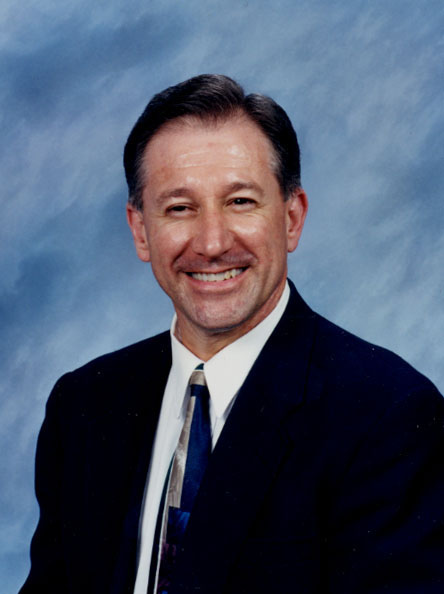
McMINNVILLE, Ore. (BP)–Americans are rarely, if ever, united in thought. However, on 9-11, as the World Trade Center was collapsing in a heap like a poorly constructed house of cards, one question dominated the consciousness of every mind. That single unifying thought was, “Why?” In that moment in time, every citizen of the United States pondered alike.
In the time it took the twin towers to become rubble, “What has motivated this horrific act?” was asked 100 million times or more. As the ominous cloud of dust and debris began to linger in the heart of New York’s financial district, however, our oneness of thought began to dissipate.
The fleeting moment of unity evaporated as, one by one, opinions for what motivated the terrorist attack were expressed. Explanations were traded — and debated — in print, on talk shows, over the fence, in car pools and during coffee breaks. It is agreed that the attacks were barbaric. On what drove 19 men to sacrifice their lives in order to bring about death and destruction, the discussion continues.
Ironically, the debate over why passenger jets were commandeered and used as missiles is fueled by the very motive that drove the terrorists to commit their deadly act — theology.
Every person has, at his or her core, a theological belief. This belief is the wellspring from which both philosophy and worldview flow, which in turn motivates thinking and behavior. Theology is the driving force in every person’s life.
An atheist is motivated by the belief there is no god. The non-religious spiritual person is driven by the thought that the divine exists as a mystical force that unites all living creatures. Monotheists understand there is one God motivating human history, even though there is disagreement on the identity of God and his desire for mankind.
Among Christians, meanwhile, there are vast differences in the way God and the Bible are viewed. So it is among Jews and Muslims. In each belief system there are those who can be classified as liberal, moderate, conservative and even extreme.
No matter how we try, we cannot escape that theology determines our approach to life. However, we make a huge mistake when we try to understand another’s motives from our theological perspective. Many are doing just that in trying to understand why the terrorist attacks occurred on 9-11.
Some are asserting the reason for the attacks are economic. Others believe it is the result of foreign policy. Another view is our military presence in the Middle East. None of these are adequate to explain a suicidal mission that took perhaps five years to plan.
The motive for the terrorist attacks is an extreme form of Islam that seeks to dominate the world with its truth. Anyone who does not embrace the terrorists’ theology is considered an infidel worthy of death. A chosen vehicle to spread this form of Islam is jihad, or holy war. Those who sacrifice themselves in such a cause believe they will be rewarded in a sensual heaven.
Most Muslims do not adhere to the terrorists’ theology. However, make no mistake about it, a significant number of Islamic extremists exist in the world and, motivated by their theology, are ready to die for their cause.
There are those who believe a passive response to the terrorists’ actions will somehow pave the way to a peaceful resolution. They simply do not understand the theological motives fueling the terrorist attacks. You cannot negotiate with someone who is willing to die in an effort to dominate the world with his truth.
Freedom-loving people the world over, led by the United States, must unite against terrorists and those who love them. If we do not, this war motivated by extremist theology might not be won.
–30–
Boggs, whose column appears in Baptist Press each week, is pastor of Valley Baptist Church, McMinnville, Ore.















